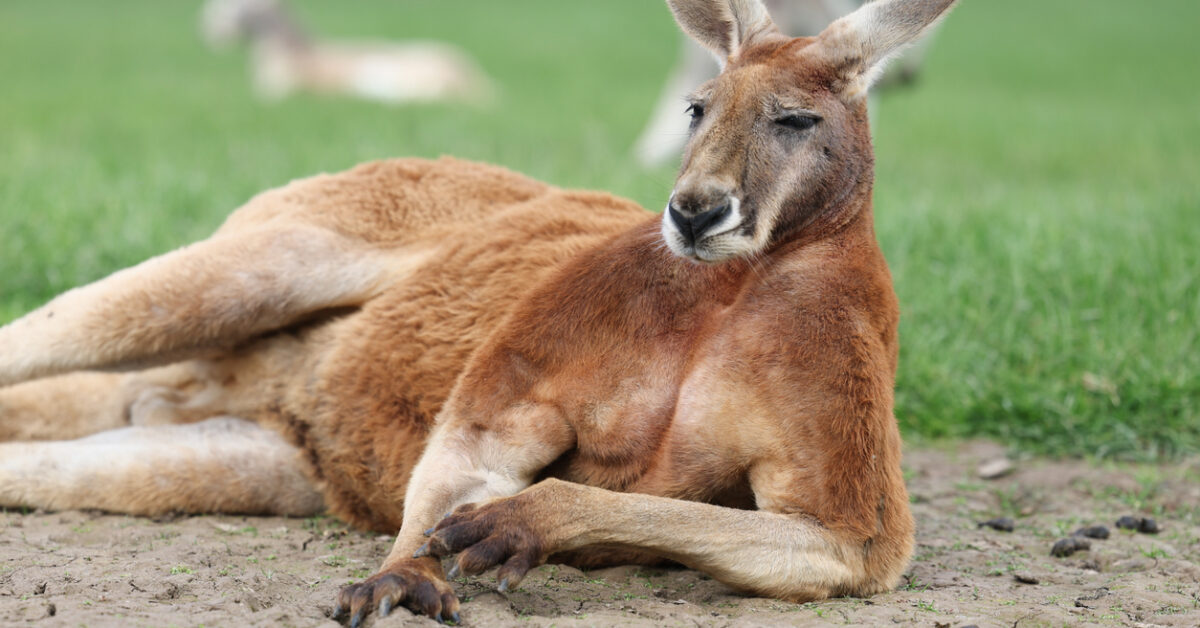The Police capture a kangaroo – in Myrtle Beach?
Horry County Police captured an escaped kangaroo and returned the pet to it’s owner. Police rescues from monkeys to emus, and other pets on the loose aren’t new to South Carolina. This time it’s a kangaroo.
Horry County Police reported returning a kangaroo to its home. They found the kangaroo in the Socastee area. The owner posted on Facebook a video that talked about how the kangaroo got loose. It was the goat who unlatched the gate, allowing the ‘Roo to bounce free. Lindsey Richardson shared that she had to go out in her silk, pink pajama pants to wrestle the animal back home.
South Carolina has made national headlines for its animal escapees, from the 43 monkeys in Beaufort County to the two emus who roamed rural Horry County. There were also reports of an escaped monkey in North Myrtle Beach last fall, although police never located a primate.
South Carolina has less stringent exotic pet laws, compared to other places around the country, allowing for interesting pets.
Here are the animals you can’t have as pets in South Carolina:
- Large wild cats: all lions, tigers, leopards, jaguars, cougars, cheetahs, snow leopards and clouded leopards
- All non-native bears. The only bear native to South Carolina is the American Black Bear.
- All great apes, including all species of chimpanzees, gorillas and orangutans
On top of that, it is illegal to sell flesh-eating mammals other than dogs, cats and ferrets in South Carolina. This includes wild/domestic hybrids and any wild species.
You can still keep flesh-eating mammals as pets, but the South Carolina Department of Public Health (DPH) does not advise it.
It’s illegal to sell carnivores who are not normally domesticated, but not illegal to own one. There are also a number of endangered species and reptiles that are prohibited without a permit. Often times exotic pets are ruled by municipal laws. There are exceptions for certain nonprofit organizations, enforcement agencies, veterinary facilities, research facilities, circuses and agricultural license holders.
“There is definitely a patchwork at the state level and then again at the county and municipal level, there’s a number of other ordinances specific to those municipalities and counties that might prohibit specific animals in those jurisdictions,” Will Dillman, the South Carolina Department of Natural Resources assistant chief of wildlife.
In Conclusion, the South Carolina Department of Public Health states:
“Owning wild species is not banned, but keeping wild animals as pets is strongly discouraged. Wild animals do not make good pets as their behavior can be unpredictable…”
I am just happy that Lauren made an exception for me.May God Bless You, Your Business, and the United States of America,

Is International Law the End of Sovereignty?
March 24, 2025
2nd Annual Hooves, Hats, and Hearts to Benefit Barnabas Horse Foundation
April 29, 2025Jump Around

Tom Winslow
COMMITTED COUNSELORS FOR OUR CLIENTS AND OUR COMMUNITY.
Written by
Tom Winslow
and
https://www.myrtlebeachonline.com/news/local/article302628839.html#storylink=cpy
Distributed by Winslow Law, LLC




